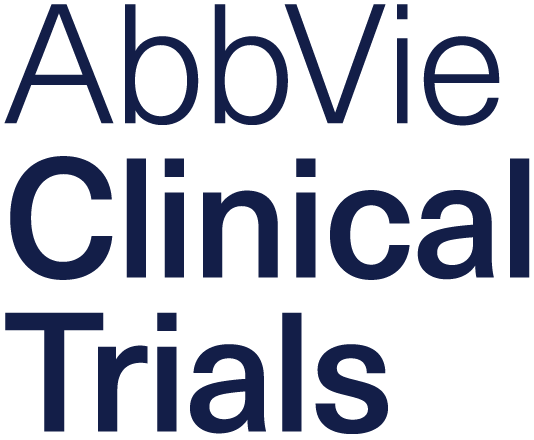Running a clinical trial requires everyone involved to be on the same page. This means doctors and collaborators must agree on exactly how a trial will be carried out and how this information will be communicated to regulatory agencies, review boards, ethics committees, and importantly, to you, as a potential participant. A detailed explanation of how a trial will be run can be found in the clinical trial protocol design.
So, what is a clinical trial protocol? It is a written plan that spells out all of the guidelines for a clinical trial in a clear and concise way. Each clinical trial follows a strict research plan — called a protocol — established by researchers before the trial begins. This critical document acts as a blueprint and includes in-depth information on:
The background; for example, what we know about the disease and the study drug so far
The rationale; for example, why we need to conduct this particular study and the questions we want to answer
The objectives; for example, how we will know if the drug works, and which measures we will use
The study design and methods; for example, what scientific rules the researchers will follow to test their hypotheses
The overall organization of the trial; for example, how often participants will be seen, what tests, procedures, evaluations and medications they may require and the study team's various tasks.1
The protocol should also include a review of important literature that lays the groundwork for the question that the trial is designed to answer, including disease-specific information and the treatments being investigated.1
Your decision to join a clinical trial is entirely voluntary and it is important for you to make an informed decision.
The specific information included in a clinical trial protocol is determined by the clinical trial phase.
WHO INITIATES THE CLINICAL TRIAL PROTOCOL DESIGN?
Above all, a structured clinical trial protocol design ensures the safety of the participants through monitoring. It also ensures that results are accurate, well-documented, reliable, and trustworthy.
Who carries out clinical trials? The group that initiates a clinical trial is called a sponsor. This can be a company, a university or healthcare institution, a private or public group, or even an individual.
The doctor who actually carries out the research and interacts with the patients is called the investigator or principal investigator (PI). These highly qualified physicians typically have their own patients outside the trial setting. Doctors who dedicate their careers exclusively to clinical trials have the same medical training and qualifications as other physicians and may even be specialists in their field. All trial doctors complete additional training on conducting clinical trials and research, including the particular understanding of and attention paid to trial participants.
To learn more about clinical trial protocols, read Clinical Trial Protocol.
CLINICAL RESEARCH VOLUNTEER PROGRAM
As a potential participant in a clinical trial research volunteer program, be sure to weigh the pros and cons, get answers to all of your questions from those running the clinical trial, and read the clinical trial protocol and discuss it with friends and family. By doing this, you can make a more informed decision about whether it is right for you.
To find out if a clinical trial is right for you, see What to expect in a clinical trial.

